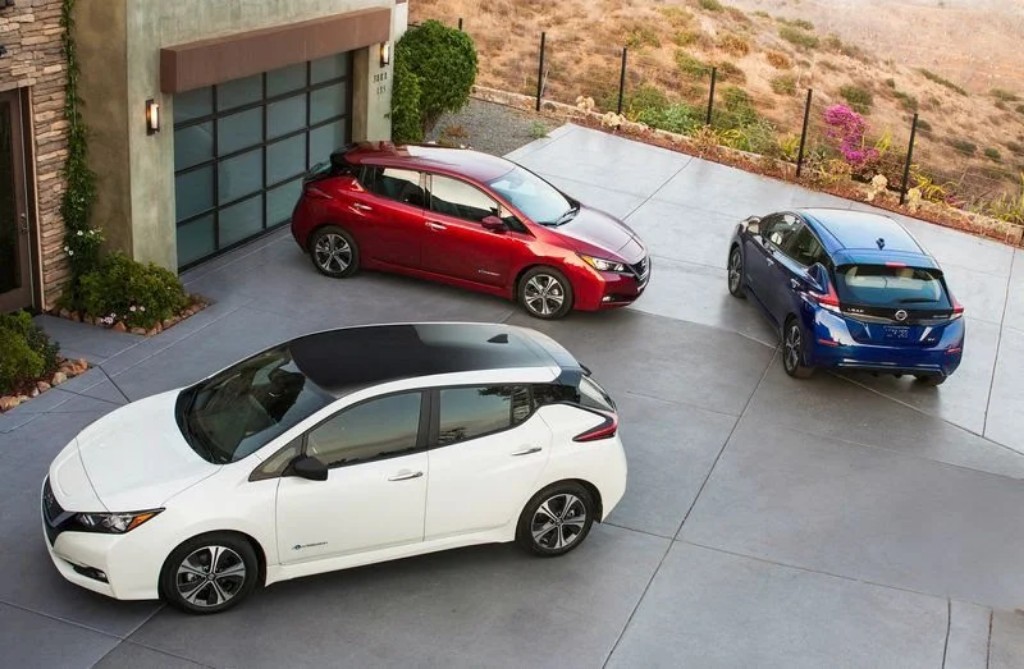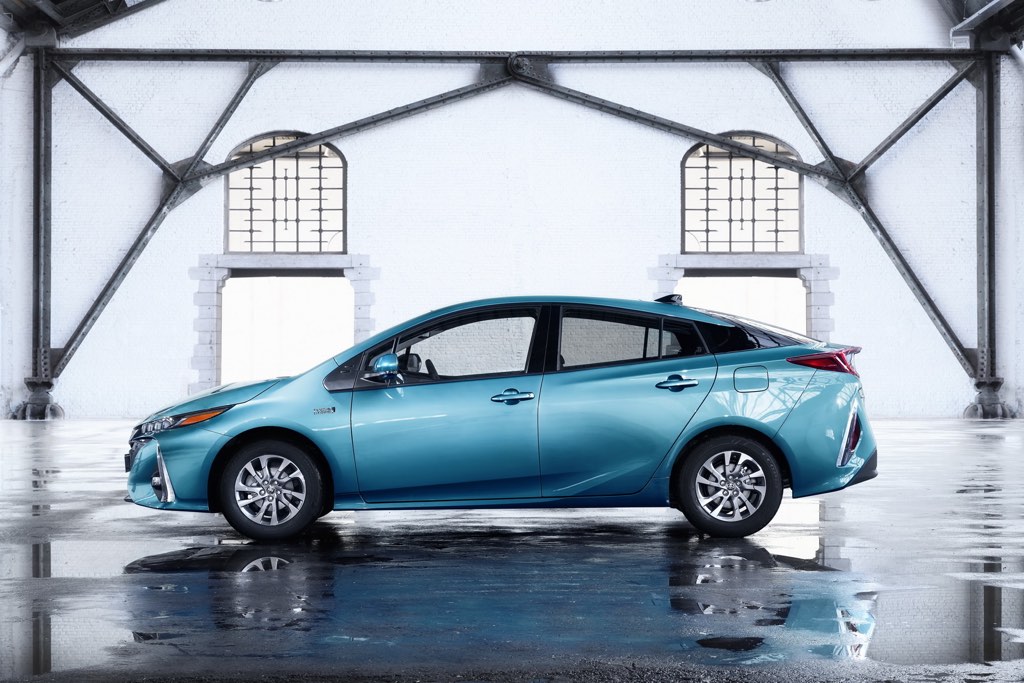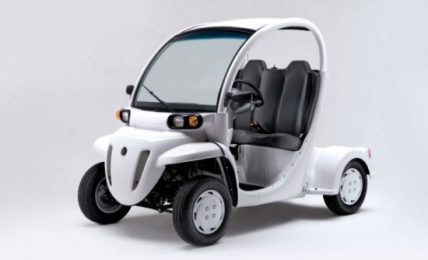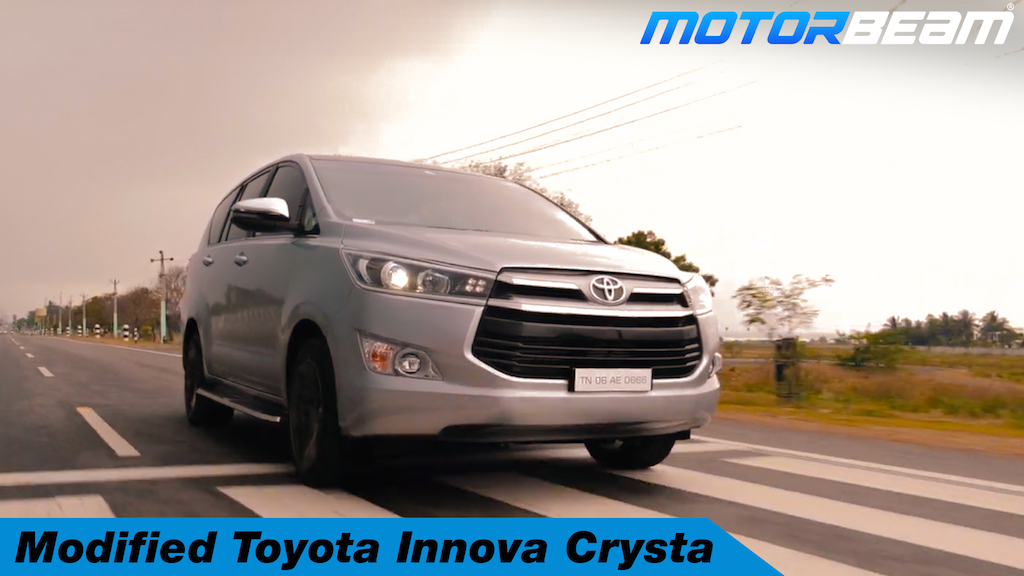Government Of India is planning to push Hybrid technology in cars by offering subsidy.

India is one of the most polluted countries in the world today and a major cause of air pollution is emissions from automobiles. In order to combat this situation, the Government of India, in 2015, introduced the FAME (Faster Adoption and Manufacture of (hybrid and) Electric Vehicles) scheme to promote the production and adoption of eco-friendly vehicles. The scheme aimed to subsidise electric and hybrid vehicles in an attempt to draw people away from conventional fossil fuel powered cars.
Out of all the eco-friendly options, the Government’s main focus was on full electric vehicles. GST on electric vehicles was reduced to 12% while hybrid vehicles remained in the highest tax bracket of 28% that also attracts a 15% cess. This scheme also offered direct subsidies to buyers of electric vehicles of up to 20% of the cost of the vehicle and was capped at Rs. 4 lakhs. The subsidy applied to 2, 3 and 4-wheelers.
Cars like the Mahindra e-Verito and the Tata Tigor eV received subsidies upwards of Rs 1 lakh and the Volvo 8400 electric bus received a subsidy of Rs 6 lakhs (an exception to the Rs. 4 lakh rule). Since the advent of this scheme, more than 2.5 lakh vehicles were sold that took advantage of it. While sales of electric vehicles picked up, hybrids were severely affected.
Hybrid vehicles appeal to a much larger audience compared to full electric vehicles. They combine the reliability, long range drivability and instant refuelling benefits of petrol and diesel vehicles and the better fuel economy and smaller carbon footprint of electric vehicles. They represent the ideal middle ground until full electric technology and the support infrastructure it requires can catch up.
However, Government policies meant that hybrid vehicles were out of reach of most customers. Industry leading hybrid cars such as the Toyota Prius cost more than Rs. 40 lakh (on-road). Even best selling cars like the Ciaz hybrid got only Rs. 13,000/- as subsidy. This was perhaps the wrong strategy as many automakers including Toyota, Honda and Nissan already have an extensive hybrid catalogue globally that they could bring to India if the policies were favourable. But instead, companies like Toyota were forced to pull their hybrid models out of the market because they weren’t economically viable anymore.
All this stands to change; recently the Department of Heavy Industries has asked the Expenditure Finance Committee for Rs. 13 crores in subsidy to promote hybrid cars. It will give incentives to the potential buyers of 10,000 hybrid vehicles. These incentives will be provided to vehicles fitted with lithium-ion batteries of 0.52 kilowatt-hour (kWh). This change was brought about as a result of intensive lobbying by Japanese manufacturers such as Toyota, Honda and Maruti Suzuki.
The government has come to the conclusion that electric technology, in its present state, cannot solve the global energy crisis and pollution levels. It is estimated that by 2030, only 10-15% of all vehicles on the road will be electric. Although companies like Tesla have been making huge innovations in this field, this technology still has many shortcomings, the biggest of which is range.
The biggest battery sold by Tesla, leaders in the industry, is a 100 kWh unit, and cars equipped with it such as the Model S P100D have a maximum range of 540 kms. Scarcity of charging points and time taken to charge are other areas of concern. However, the biggest issue still is price. Manufacturing efficient long range battery packs for cars is very expensive and that drives the price of the car up.
It can be argued that if more people bought into electric technology, manufacturers can then leverage economies of scale to bring prices down. But the technology isn’t at where it should be to become the sole alternative to conventional vehicles. But this field is advancing at a rapid pace and in the near future, this technology will become viable. Hybrid technology is the short term solution that will mitigate the issues of pollution and extinction of fossil fuels until such time.
Hybrid Cars India
– Indian Government had withdrawn subsidy on hybrid cars
– Prices of hybrid cars shot up leading to a decrease in demand
– Hybrid cars to be a stop-gap measure till EVs become affordable
– Government of India to offer subsidy on hybrid cars





